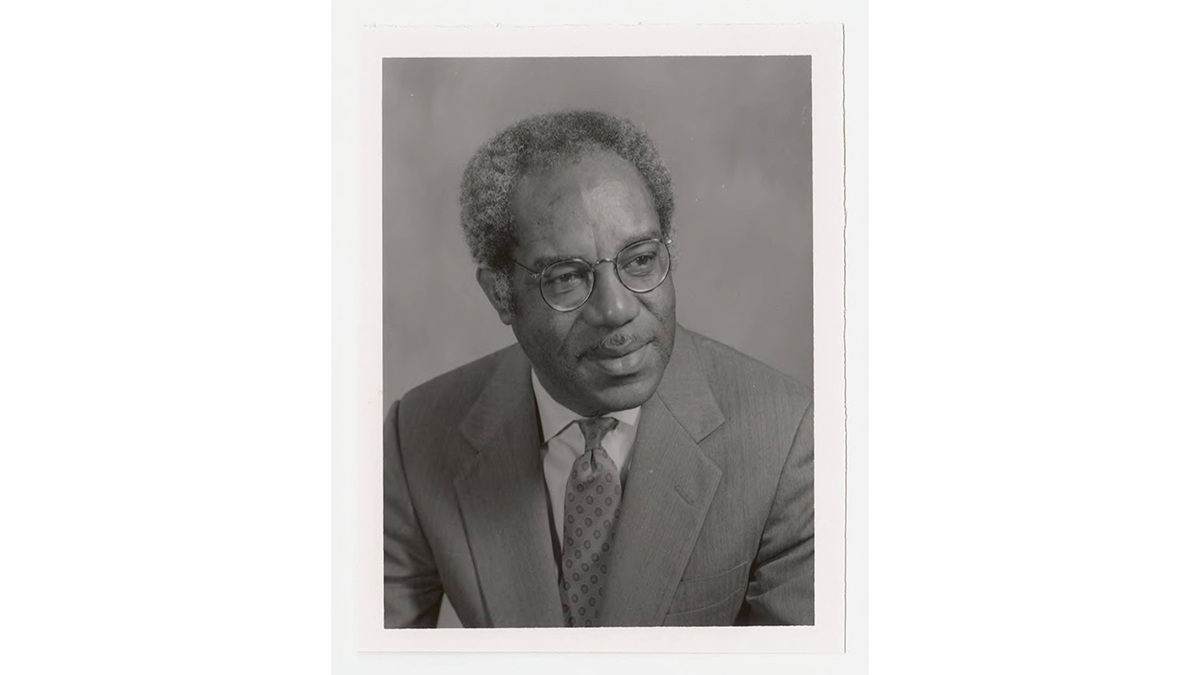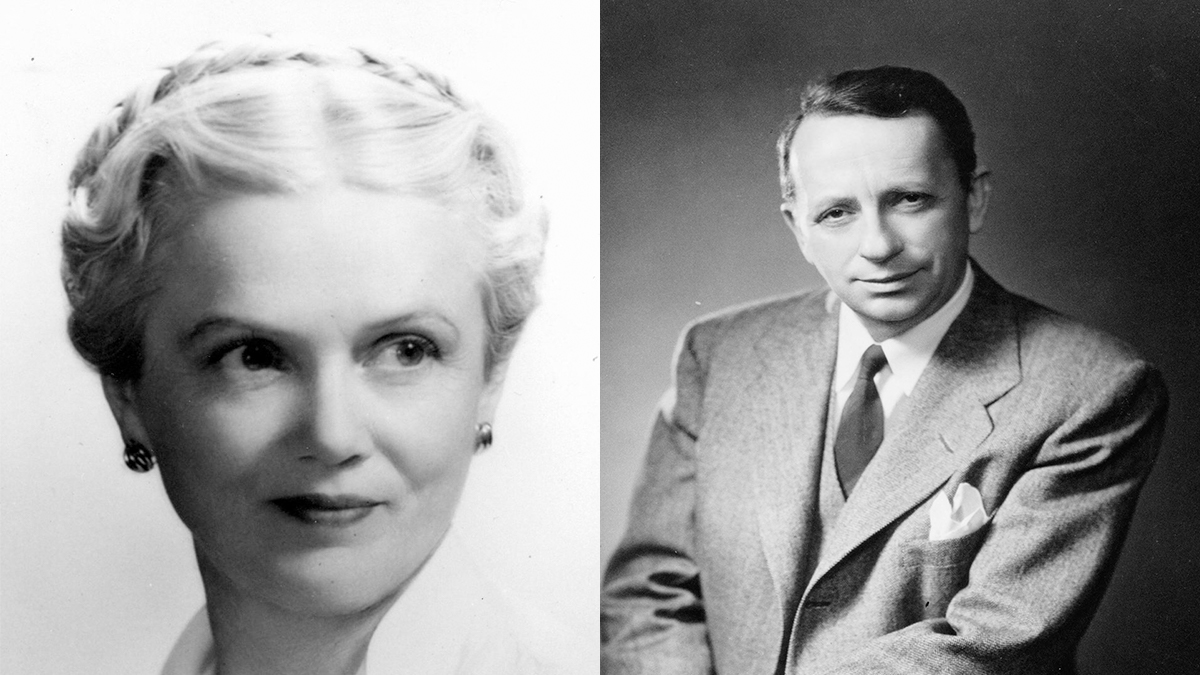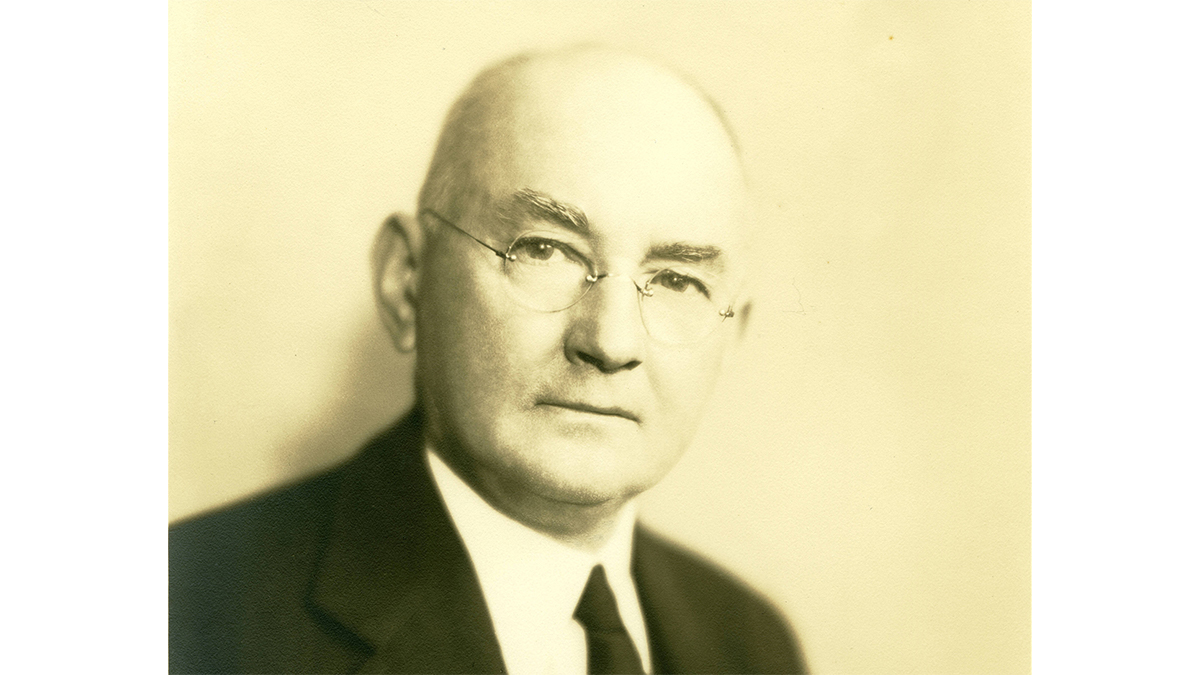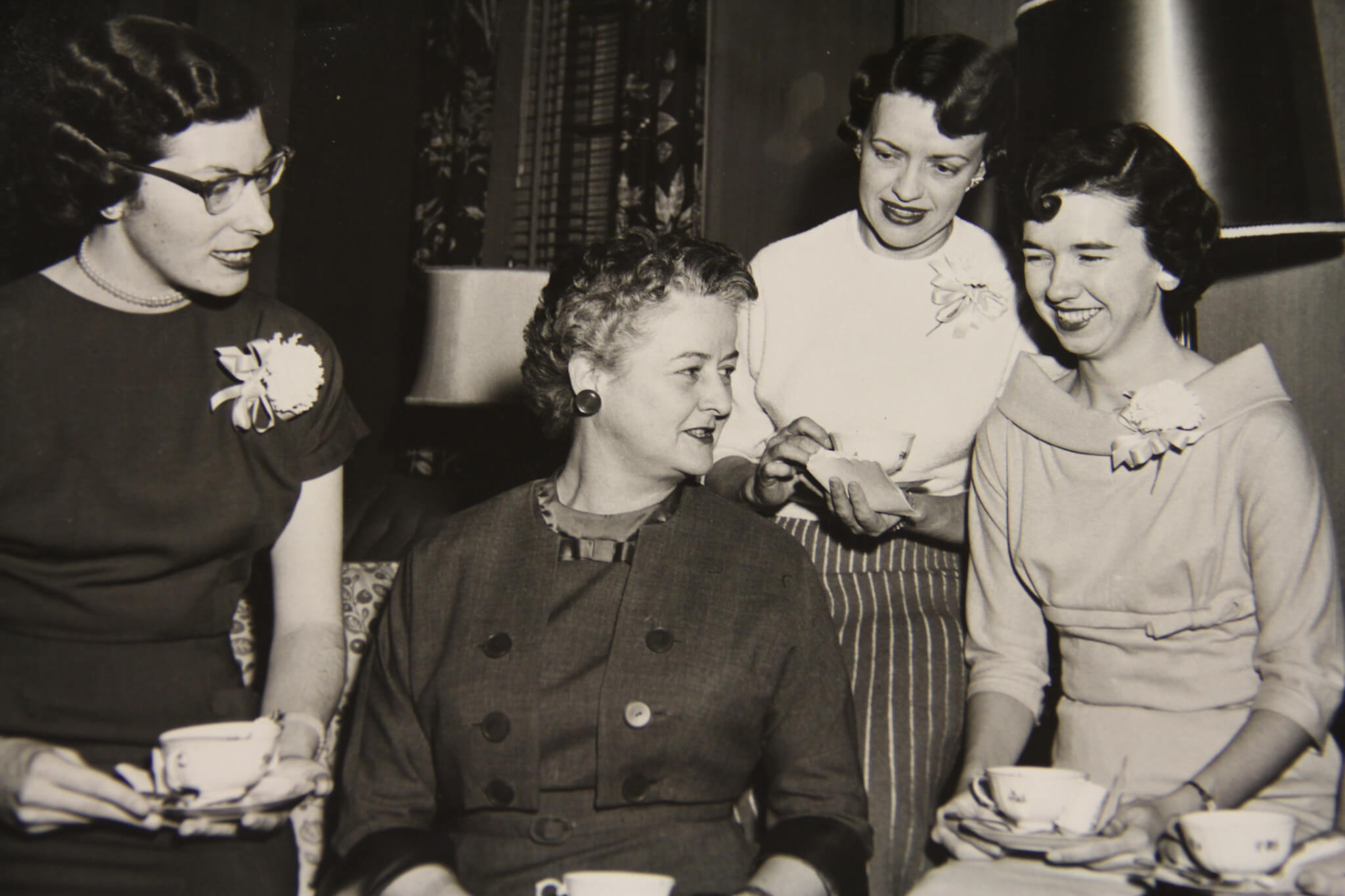225 years of Tar Heels: Julius Chambers
For decades, civil rights lawyer Julius Chambers earned groundbreaking victories in support of social justice.

Editor’s note: This article was published in honor of the University’s 225th anniversary. Throughout the year, we shared profiles of some of the many Tar Heels who have left their heelprint on the campus, their communities, the state, the nation and the world.
In 1971, a young Julius Chambers stood before the U.S. Supreme Court, ready to defend black students’ right to equal educational opportunity.
The odds were stacked against him. Although he owned a law firm in Charlotte, North Carolina, and had graduated first in his class from Carolina’s School of Law in 1962, he was only 34 years old — still relatively new to the establishment. His opponent, Erwin Griswold, was a Harvard man, former head of the American Bar Association and a seasoned veteran in the legal world.
Sixteen years had passed since Brown v. The Board of Educationdeclared racial segregation in public schools unconstitutional, but in Charlotte, most black students remained in historically black schools in the city center, unable to travel to the wealthier, white majority schools on the outskirts of town. As Chambers saw it, public schools were still separate, and never equal.
So, Chambers would argue before the highest court in the United States that racial imbalance in schools was itself a form of segregation, a problem that could be remedied using busing. And after a contentious case, against all odds, Chambers would win.
It was his first landmark case, but certainly not his last.
Chambers quickly became a famed civil rights lawyer, earning groundbreaking victories in support of social justice. He worked to end employment discrimination and to support equal voting rights, and although he was often met with fierce resistance, he persevered.
From 1993 to 2001, Chambers served as the chancellor of North Carolina Central University, where he had gone to school as an undergraduate.
In the early 2000s, Chambers returned to Carolina to direct the Center for Civil Rights, which challenged the inequalities facing minorities and low-income communities. During his time at the center, Chambers shaped the careers of many young civil rights attorneys who would follow in his footsteps.
When the world lost Chambers in 2013, a fellow School of Law alumnus said, “They don’t make lawyers, or human beings, any finer than [Chambers].”
His legacy lives on in North Carolina and across the country, recognized by everyone from historians and governors to former President Barack Obama.




